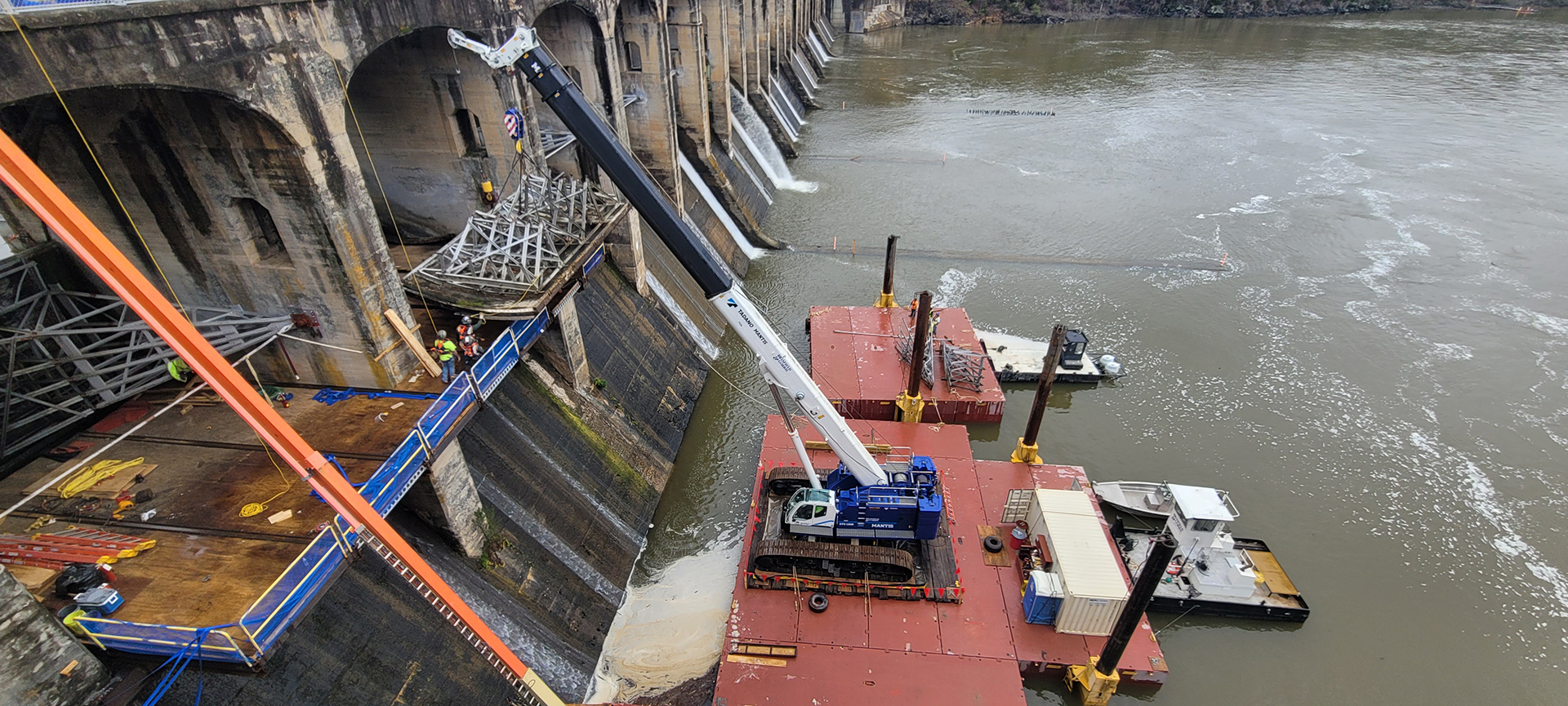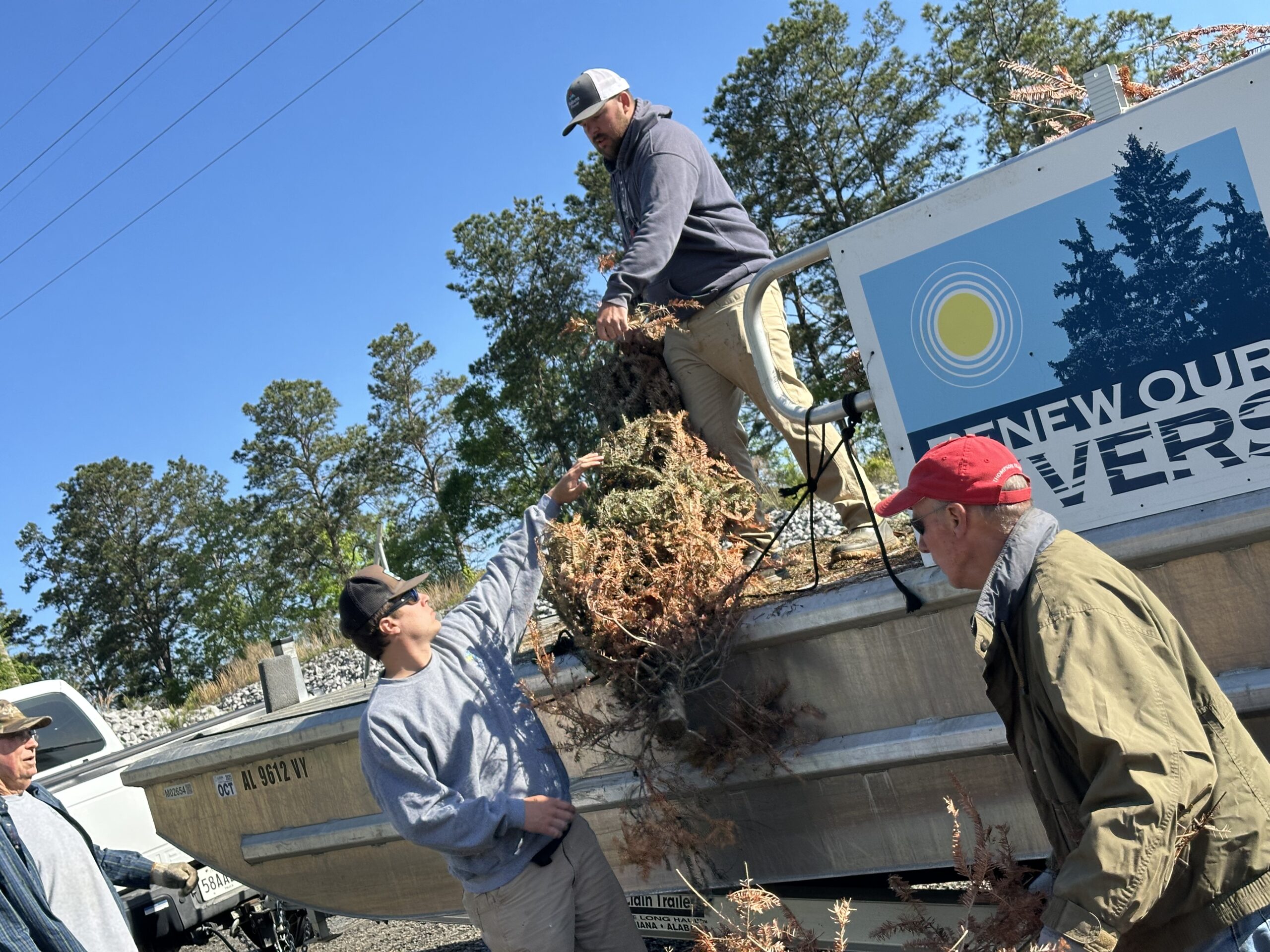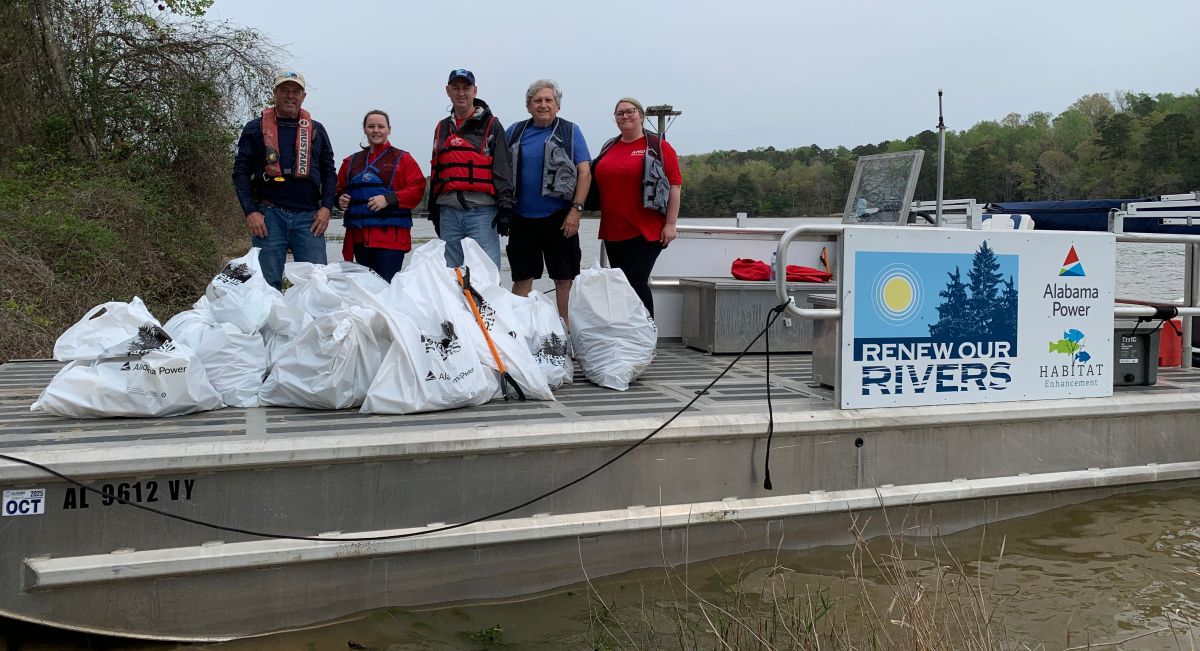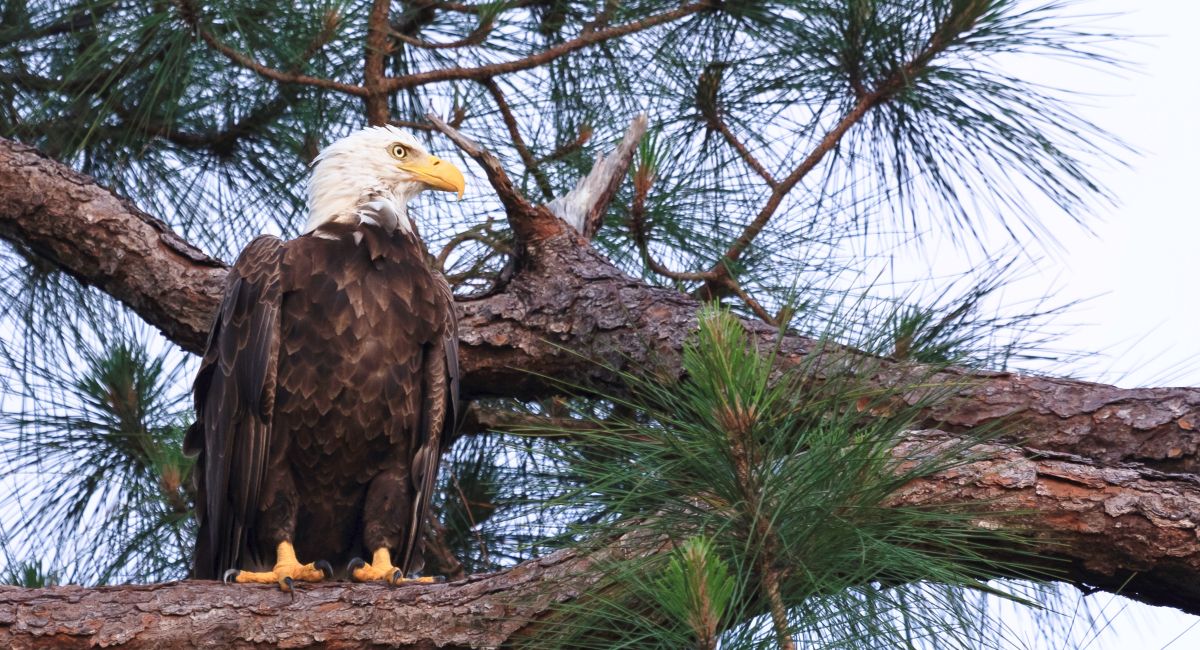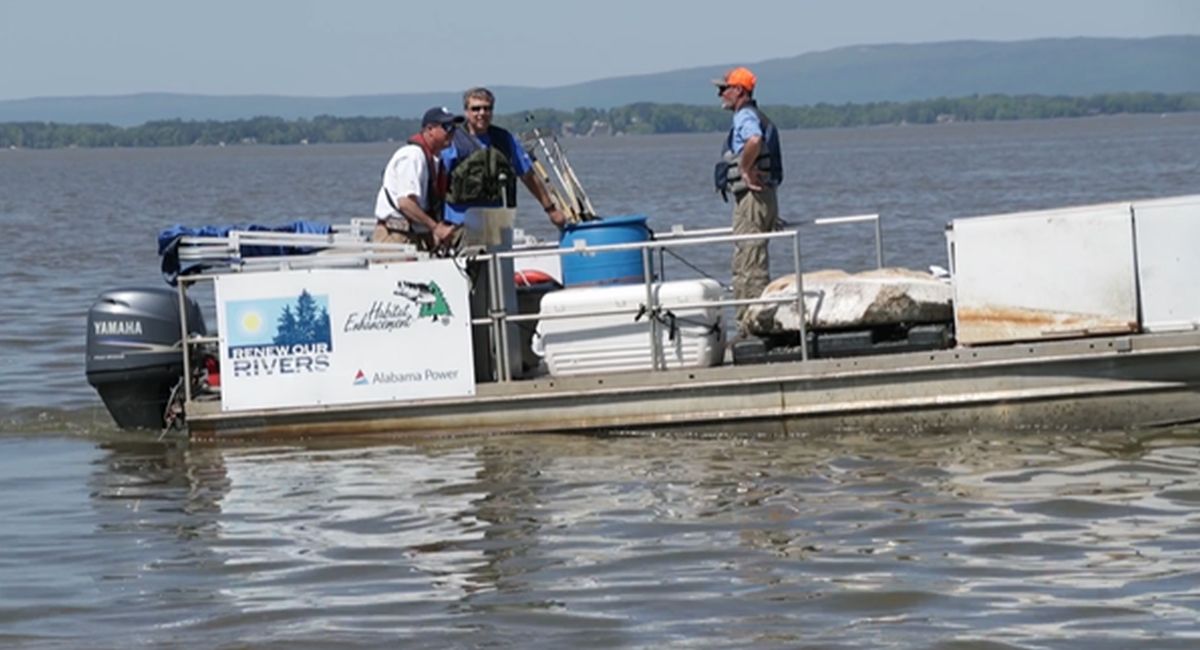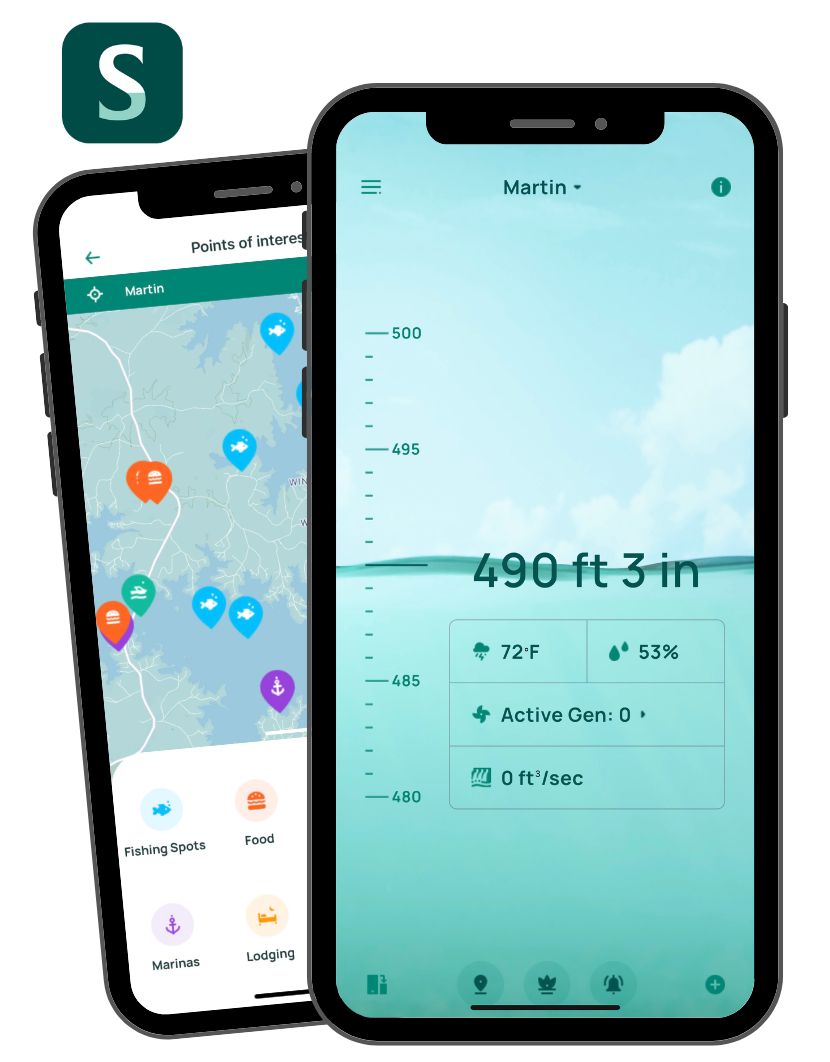Billy Prince knows this to be true:
“It doesn’t always take a flashy bait to catch a fish,” he quips.
And it’s true, it doesn’t. Prince knows from his experience as a field tester for more than 20 years.
A field tester is a person who tests a product from a company, under conditions of actual operation or use. For Prince, the product he tested was fishing lures.
Prince started testing lures in 1968 and continued through the mid-1980s. He mostly tested lures made by Heddon Fishing Lures until they were bought by a larger company in the mid-1970s.

“You had different tackle companies trying to get their products out, so they would ask us to test their lures during tournaments and in turn, they’ll sponsor you,” says Prince.
Companies would contact fishermen or vice versa and then send their products out to be tested. To determine the quality of the lure, companies would also send surveys for testers to complete.
The surveys would ask how durable a lure was, how well it was made, the quality of the material, how well the paint stood up and how it tested in different weather conditions. But the most important factor in testing lures: Did it catch fish?

“If you didn’t catch fish on it two or three times, it wasn’t worth having,” says Prince. “If it’s a good lure, it will prove itself the first time around.”
If fisherman told the companies their lures worked well, they would put them on the market. If lures were not good, they would go back to the drawing board.
Prince recalls while field testers didn’t get paid for their work, it was OK because if the lures worked well, they got to keep them and it wouldn’t cost them any out-of-pocket money. It also saved the company money because it didn’t have to hire anyone to test the lures.
One of the benefits of being a field tester for Prince is that he could add some of the lures he tested to his extensive collection. And a few of these lures boast pretty impressive stats.

“I have two in my collection; one I retired after seven years and it caught 287 bass; then another I retired after eight years that caught 500 bass,” explains Prince. “Both lures I got from field testing.”
Prince notes that field testing also helped a lot of families put food on the table back then, as opposed to now, where fishing is done more for sport.
“Fishing got started to provide the family with food, especially during the war era,” says Prince. “A lot of women worked for lure companies so it not only helped the company but helped the country as well by putting food on families’ tables.”
Read more about Prince and his extensive fishing lure collection here.




